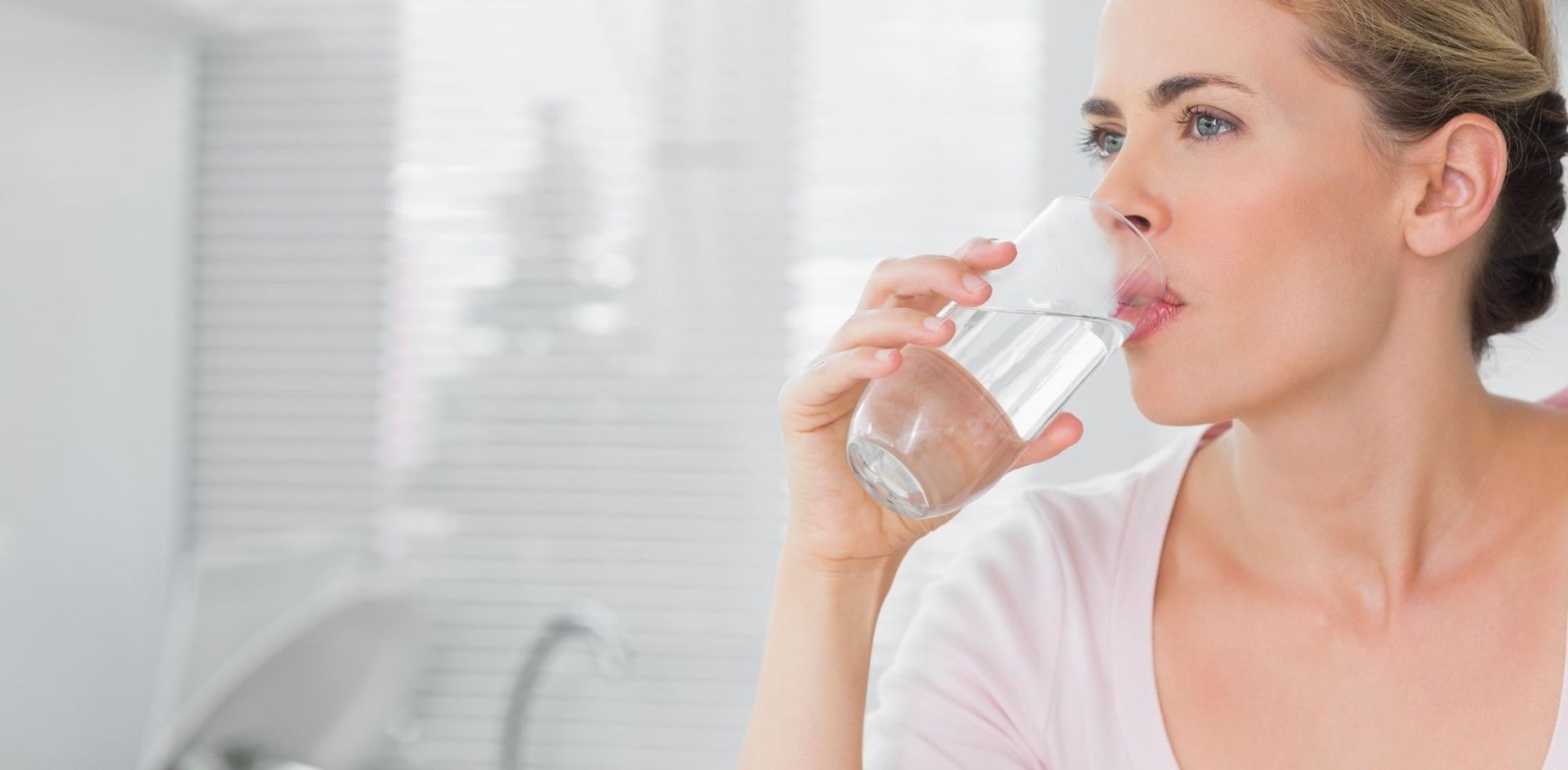Preparation of the examinee for hematological – microbiological tests
An appointment is only required for the following exams:
Sampling for culture of vaginal fluid
Children’s blood draw
Sperm diagram
Please inform the blood takers of your medical history or why you are having the tests as well as any medication you may be taking.
In order to conduct some exams, special preparation is required on the part of the examinee. Here are instructions for the most frequently performed tests:
General blood test
No fasting is required and can be performed at any time of the day.
Biochemical tests
For most tests of this category (cholesterol, triglycerides, etc.), a 10-12 hour fast is required. It is recommended that the previous day’s dinner be light.
Sugar
Three days before the blood collection, eat freely (minimum amount of carbohydrates per day: 150g). The test must be carried out in the morning, after a ten-hour fast (only water is allowed).
After the first blood draw, the patient receives a 75g glucose solution over a period of 5-10 minutes.
The patient remains at rest without eating and blood draws follow, the number of which has been determined by his attending physician.
Creatinine
The reception can be done at any time of the day, as long as there has been a 2-hour fast.
Sodium, potassium
An 8-hour fast and avoidance of fatty foods 12 hours before is required.
Iron
Its exact measurement is done after morning blood sampling. Iron levels appear reduced by 30-50% in the evening hours.
Before the blood collection, there should be a 12-hour fast and no vitamins or nutritional supplements.
Calcium
A morning blood draw is required
Magnesium and uric acid
Avoiding fats and stopping cholesterol or sugar medications if taken.
Glycosylated hemoglobin
The download can be made at any time of the day. No special preparation is required.
Drug levels
Blood sampling is done in the morning, before taking the drugs.
Neoplastic markers
Fasting is not required and blood sampling can be done at any time of the day.
Hormonal tests
Cortisol
Only after a morning blood test
Renin
In the 24 hours before the blood collection, the patient must not have taken diuretics, antihypertensives, cyclic progesterone, estrogens or steroids.
Aldosterone
Discontinuation of diuretics, antihypertensives and estrogens. For 3 weeks a diet with a sodium intake of 100-300 mmol/24 hours must be followed.
D4 androstenedione (D4A)
Blood sampling is done in the morning.
Growth hormone
It is preceded by immobility for 30 minutes.
Serotonin
In the 3 days before the blood collection, it is necessary to stop taking antidepressants. Also avoid tomatoes, bananas, chestnuts and eggplants.
Plasma adrenaline
Fasting and no smoking 4 hours before blood sampling.
Parathormone, ACTH, antidiuretic hormone
12-hour fasting before blood sampling, morning blood sampling.
Gastrin
A 12-hour fast is required before blood sampling.
Prolactin
Blood sampling should be done between the 2nd and 5th day of the cycle and 2 hours after bedtime.
FSH, LH, androgens
Between the 2nd and 5th day of the cycle.
Estradiol
14th day of the cycle.
Progesterone
21st day of the cycle.
β-chorionic gonadotropin
Suitable days: 2nd day of period delay or 14th day from embryo transfer (in case of IVF).
Sperm diagram
3 to 5 days of sexual abstinence are required before sampling.
Clean the area with soap and water and wipe with an ironed towel or sterile gauze. The sample is collected in a sterile container and must be transported to the laboratory within half an hour, at body temperature.
24 hour urine
You get the collection container from the pharmacy.
On the day you start the procedure, you reject the first morning urine. For the next 24 hours, collect the urine from each urination in the container, until the first morning urine of the next day.
Crops
Urine culture
First morning urine is collected, after external washing of the area. A sample is taken from the middle of urination in a sterile urine collector.
The immediate transfer of urine to the laboratory is preferred. If this is not possible, it is recommended to store them in the refrigerator.
Vaginal fluid culture
Local washing with soap is indicated. Washing with antiseptic, the use of vaginal suppositories and internal washing are prohibited.
Culture of urethral fluid – Culture of prostatic fluid
The sample is taken 2 hours after the last urination.
Stool culture, parasitological, Ag and Clostridium difficile toxin detection
Feces are collected at any time of the day in a sterile container. The sample must be transported to the laboratory within 2 hours.

